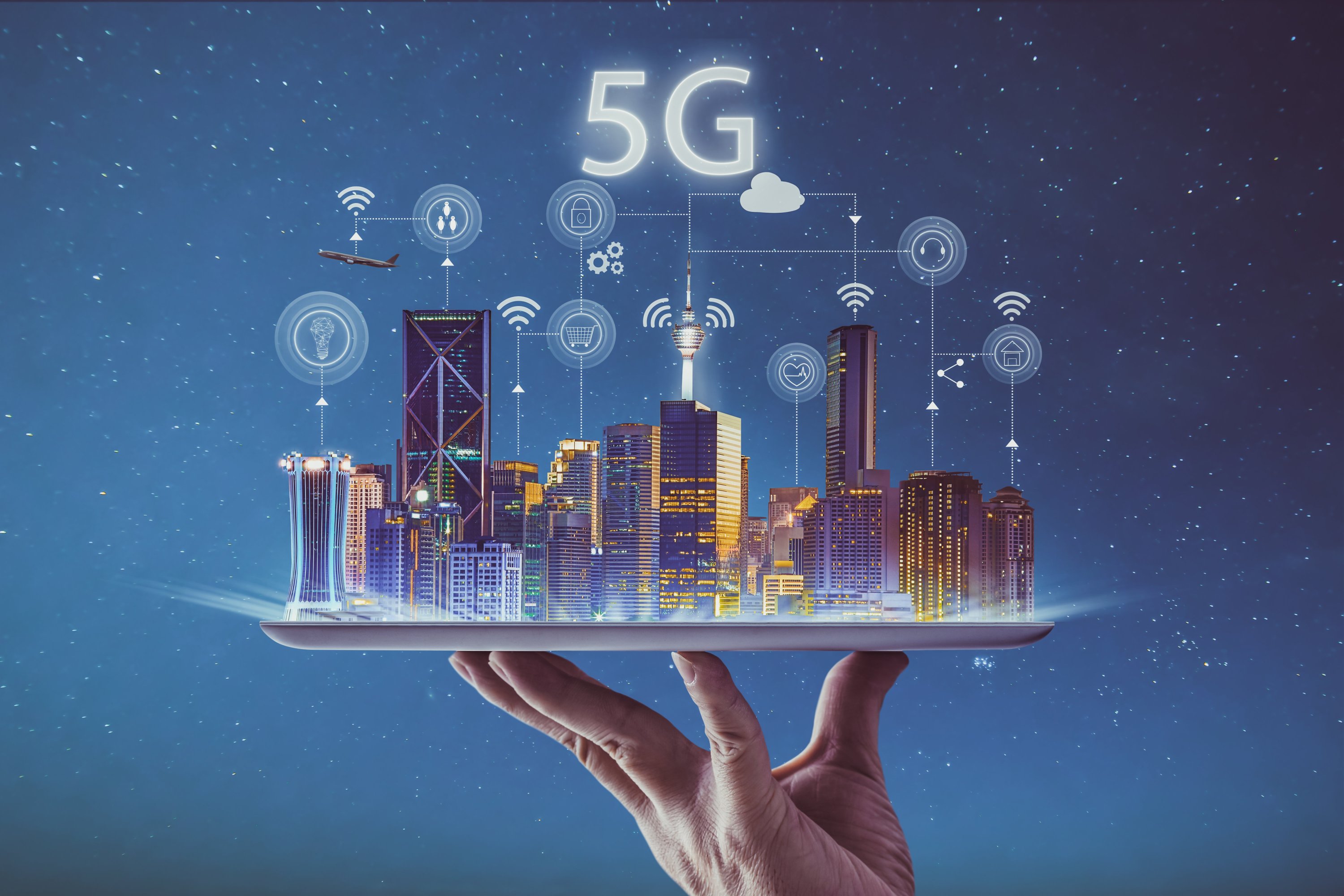- Home
- The Influence of 5G on Mobile Technology and Network Infrastructure
The Influence of 5G on Mobile Technology and Network Infrastructure
The advent of 5G technology could revolutionize the mobile industry. With faster speeds, lower latency, and increased capacity, 5G is expected to deliver a more seamless and immersive mobile experience. In this article, we will explore the impact of 5G on mobile devices and network infrastructure.
Mobile Devices
One of the most significant impacts of 5G on mobile devices is the potential for faster download and upload speeds. 5G promises to deliver speeds up to 20 times faster than 4G, with theoretical download speeds of up to 10 Gbps. Users can download and stream content faster, with less buffering and lag time. This is particularly important for streaming high-quality video and gaming, which require high bandwidth and low latency.
Another impact of 5G on mobile devices is the potential for improved battery life. With 5G, devices can communicate more efficiently with the network, reducing their power consumption. This means that users can enjoy faster speeds and longer battery life.
In addition to these benefits, 5G can enable new and innovative applications, such as augmented and virtual reality. Users can enjoy more immersive and interactive experiences on their mobile devices with faster speeds and lower latency.
Network Infrastructure
The impact of 5G on network infrastructure is equally significant. 5G uses a different network architecture than 4G, which requires more base stations and antennas to provide coverage. This means that mobile network operators must invest in upgrading their infrastructure to support 5G.
One of the key benefits of 5G network infrastructure is its ability to support a more significant number of devices. With 5G, network operators can support up to one million devices per square kilometer, compared to 4G, which can only support up to 100,000 devices per square kilometer. This means that 5G can support the growing number of IoT devices requiring low latency and high bandwidth.
Another impact of 5G on network infrastructure is the potential for increased security. 5G uses a new security protocol called 5G-AKA, which is designed to prevent eavesdropping and other security threats. This means 5G networks can provide a more secure and reliable mobile experience.
Challenges and Limitations
While 5G can potentially revolutionize the mobile industry, challenges and limitations must be addressed. One of the biggest challenges is the cost of upgrading network infrastructure. The deployment of 5G requires significant investment in new base stations and antennas, which can be costly for mobile network operators.
Another challenge is the limited availability of 5G coverage. While 5G networks are being rolled out in many countries, coverage still needs to be expanded to urban areas and densely populated regions. This means that users in rural areas may be unable to access 5G networks for some time.
There are also concerns about the impact of 5G on health and the environment. Some studies have suggested that exposure to electromagnetic radiation from 5G networks may harm human health, although scientific evidence does not support these claims. There are also concerns about the impact of 5G on wildlife and the environment, particularly about the installation of new base stations and antennas.
Conclusion
In conclusion, 5G has the potential to revolutionize the mobile industry by providing faster speeds, lower latency, and increased capacity. The impact of 5G on mobile devices and network infrastructure is significant, with benefits such as faster download and upload speeds, improved battery life, and the ability to support new and innovative applications. However, challenges and limitations still need to be addressed, such as the cost of upgrading network infrastructure and the limited availability of 5G coverage. Mobile network operators, governments, and other stakeholders must work together to address these challenges and ensure that 5G is deployed safely, reliably, and sustainably.
Despite these challenges, the potential benefits of 5G are significant. The increased speed, capacity, and reliability of 5G networks will enable new and innovative applications and services, such as autonomous vehicles, smart cities, and remote healthcare. The deployment of 5G is also expected to drive economic growth and create new job opportunities in the mobile industry.
As 5G networks continue to be deployed worldwide, users must understand this technology's potential benefits and limitations. Users can use 5G by upgrading their mobile devices and accessing 5G networks when available. They can also be aware of the potential health and environmental concerns associated with 5G and take appropriate measures to minimize their exposure.
Overall, 5G has the potential to transform the mobile industry and enable new and innovative applications and services. While some challenges and limitations need to be addressed, the benefits of 5G are significant and will shape the future of mobile technology.



.png)

What other's say about : How ThePhone thriller..